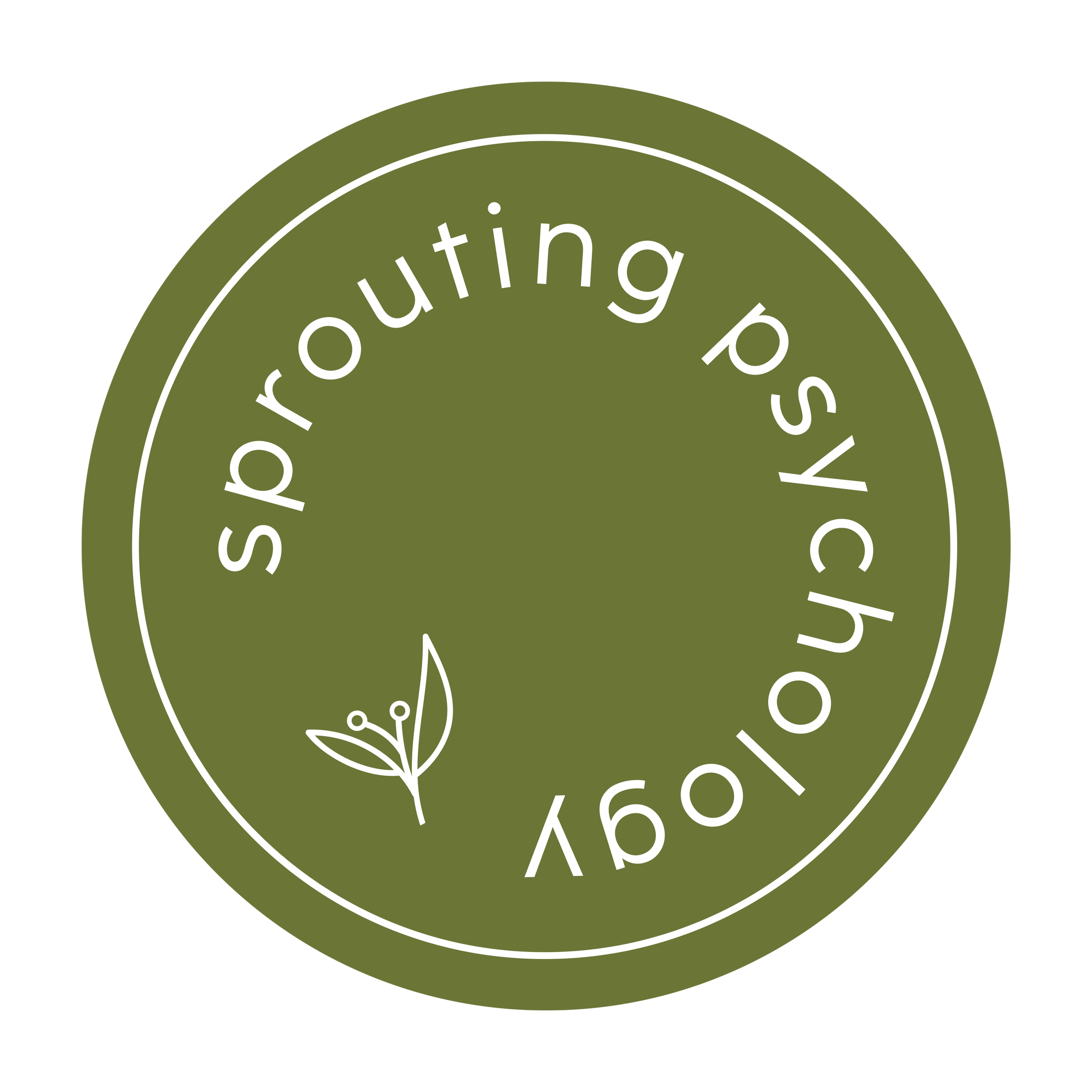
ASSESSMENTS
Supporting growth, resilience,
& connection.
What is an Assessment?
Assessment is all about designing a unique roadmap for fulfilling potential in an empowering way.
People seeking assessment share concerns like, “His teacher says she doesn’t know what else to try,” or “I can’t tell if she just isn’t motivated or if there is something else in the way,” or “For a long time, I’ve had a feeling that there has to be a better way.”
This roadmap will chart a course forward that not only identifies areas for support but also leverages strengths. Sometimes the roadmap includes a diagnosis and sometimes it doesn’t, but it always includes customized recommendations that will leave you feeling seen, heard, and understood – and confident about next steps.
Your recommendations will be practical and meaningful. Having worked in schools and therapeutic settings, we understand that recommendations are only as useful as they are actionable. Each one is written with real-world application in mind.
Assessment with Sprouting Psychology will always reflect current best practices in the field and include tools with the most substantial evidence base for effectiveness. The battery of tools will include core components enhanced with individualized supplementary components to dig deeper into the areas of concern. No two assessments are the same because no two individuals are the same.
Psychoeducational Assessment
Years of experience working in all sorts of schools sets Sprouting Psychology apart from other assessment professionals.
We deeply understand not only the science of learning but also the day-to-day classroom experiences of learners, and this allows us to be both compassionate and pragmatic in our approach.
This comprehensive assessment process aims to uncover the sources of friction in the learning process. Whether the learning difficulty is cognitive, emotional, behavioral, or some combination of the three, getting to the root cause is essential for designing an effective plan of support.
An abbreviated testing battery may be warranted depending on the specific needs of the client, such as needing supplementary testing after an evaluated was completed at school, or to help inform treatment planning while under the care of another clinician.
-
Parent interview (virtual or in-person; one hour)
Querying parents, teachers, tutors, and therapists through rating scales and consultations as needed
Completion of customized battery of tests with student (in-person; six hours of testing divided between two or three appointments)
Parent feedback session (virtual or in-person; one hour)
Roadmap report highlighting strengths, challenges, recommendations, and accommodations or special services when warranted
Learning Disorders
Learning disorders - including dyslexia, dysgraphia, dyscalculia, among others - require a thorough psychoeducational assessment to diagnose.
To establish an “unexpected underachievement” in a specific area of learning, we must have a comprehensive understanding of the student’s cognitive abilities and academic skills. Additionally, the influence of emotional or behavioral factors must be well understood. Dr. Hilliard’s years of conducting empirical research on the most effective means of identifying learning disabilities positions her at the fore of this important work.
-
Parent interview (virtual or in-person; one hour)
Querying parents, teachers, tutors, and therapists through rating scales and consultations as needed
Completion of customized battery of tests with student (in-person; six hours of testing divided between two or three appointments)
Parent feedback session (virtual or in-person; one hour)
Roadmap report highlighting strengths, challenges, recommendations, and accommodations or special services when warranted
Autism
Given the wide variability in the way that autistic traits present in people, assessment of autism should be as unique and nuanced as the individuals themselves.
As part of a comprehensive psychoeducational evaluation, an autism assessment also includes tools widely regarded as the most useful for diagnosis (e.g, ADOS-2, MIGDAS-2) and specialized rating scales.
For toddlers through adults, a comprehensive autism assessment with Sprouting Psychology is an affirming, empowering experience that brings greater understanding and acceptance.
-
Extended parent interview (virtual or in-person; 90 minutes)
Querying parents, teachers, tutors, and therapists through rating scales and consultations as needed
Completion of customized battery of tests with the individual (in-person; two hours for young children, six-seven hours of for older children, adolescents, and adults, divided between two or three appointments)
Parent feedback session (virtual or in-person; one hour)
Roadmap report highlighting strengths, challenges, recommendations, and accommodations or special services when warranted
ADHD
Anyone can be distracted or act impulsively from time to time, but individuals with Attention-Deficit/Hyperactivity Disorder (ADHD) have significant difficulties with self-regulation across settings.
Their ADHD can impact their learning, work performance, basic daily tasks, and relationships. ADHD can commonly co-occur with other learning difficulties and so it should be part of a comprehensive psychoeducational evaluation. The question of possible ADHD is one of the most common reasons why individuals seek assessment with Sprouting Psychology. Our approach is thorough and includes the most reliable and cutting-edge measurement tools, including virtual reality to simulate a classroom environment.
A condensed approach is possible depending on the specific needs of the client, such as needing supplementary testing after an evaluation was completed at school, or to help inform treatment planning while under the care of another clinician.
-
Parent interview (virtual or in-person; one hour)
Querying parents, teachers, tutors, and therapists through rating scales and consultations as needed
Completion of customized battery of tests with student (in-person; six hours of testing divided between two or three appointments)
Parent feedback session (virtual or in-person; one hour)
Roadmap report highlighting strengths, challenges, recommendations, and accommodations or special services when warranted
Anxiety & Related Disorders
When you suspect that anxiety, or an anxiety-related disorder (e.g., selective mutism, OCD), is the major barrier to progress toward goals for you or your child, it can be enlightening to use assessment to determine the nature and severity of the difficulty.
Such insight will pave the way to better treatment outcomes and greater support. When anxiety is affecting the learning process, it makes sense to complete a full psychoeducational evaluation. Anxiety is treatable and a thorough assessment can be the first step toward relief.
An abbreviated testing battery may be warranted depending on the specific needs of the client, such as needing supplementary testing after an evaluation was completed at school, or to help inform treatment planning while under the care of another clinician.
-
Parent interview (virtual or in-person; one hour)
Querying parents, teachers, tutors, and therapists through rating scales and consultations as needed
Completion of customized battery of tests with student (in-person; six hours of testing divided between two or three appointments)
Parent feedback session (virtual or in-person; one hour)
Roadmap report highlighting strengths, challenges, recommendations, and accommodations or special services when warranted











